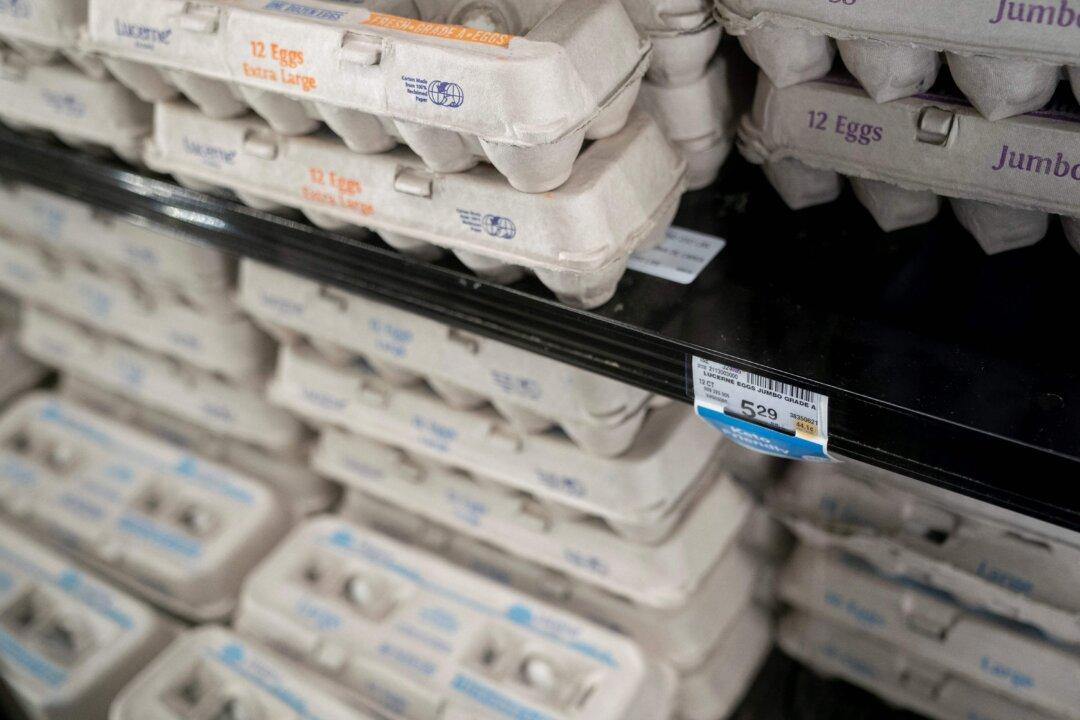Caged eggs will be banned in Australia as part of a national agreement to improve animal welfare in the poultry industry.
While animal advocacy groups have welcomed the news, there are concerns that the new agreement will put eggs out of the reach of consumers.





